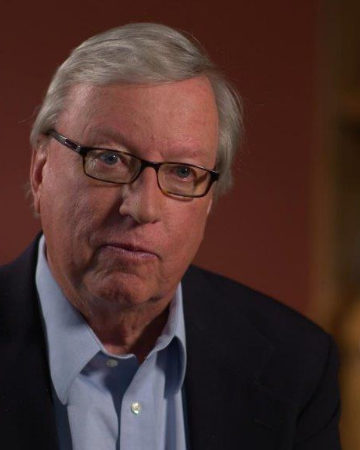
- Publisher: St. Martin's True Crime Classics
- Edition: St. Martin's Press Paperbacks Edition
- Available in: Paperback
- Published: March 15, 1992
This seems like a weird spot to admit I’m not a fan of true crime. But I am a close observer of human nature and of how well or not we are served by our system of justice. That’s what led me to write these two true crime books, Reasonable Doubt and The Unforgiven (the latter with co-author Edith Brady-Lunny).
Reasonable Doubt digs deep into the tragic slaying of a young woman and her three children and offers readers the opportunity to weigh all the evidence about whether the husband and father was the killer. I’m proud of the fact St. Martin’s Press made it part of its “True Crime Classics” library and that it’s used in criminal justice classes to illustrate the legal concept of “reasonable doubt.” Readers have also been fascinated by the “interesting intersections” I write about in the updated version of Reasonable Doubt.
In The Unforgiven, we know who did it. The question is how and why. In the preface, we write, “Our society demands we place responsibility where it belongs, insisting on accountability and consequences for errant acts. Yet our culture also embraces forgiveness, as thorny and complicated as it may be.”
For all the many reasons true crime is popular as a genre, I think you’ll find both of these books rich in detail and notable for their insight. What makes them all the more interesting is the large amount of supplemental material (video, audio, letters, etc.) available free in the “Clippings” section of this website. Feel free to sample it right now, perhaps beginning with this item about the non-existent epitaph on the murder victims’ headstone, or this video of a defense reenactment of a death car rolling into a lake.
The advice I read from Keith Morrison, the “Dateline” TV correspondent who has reported on so many bad guys, is chilling: Remember these are human beings, “…you know they were probably just like you and me, a regular person, up until the moment when suddenly they weren’t.”